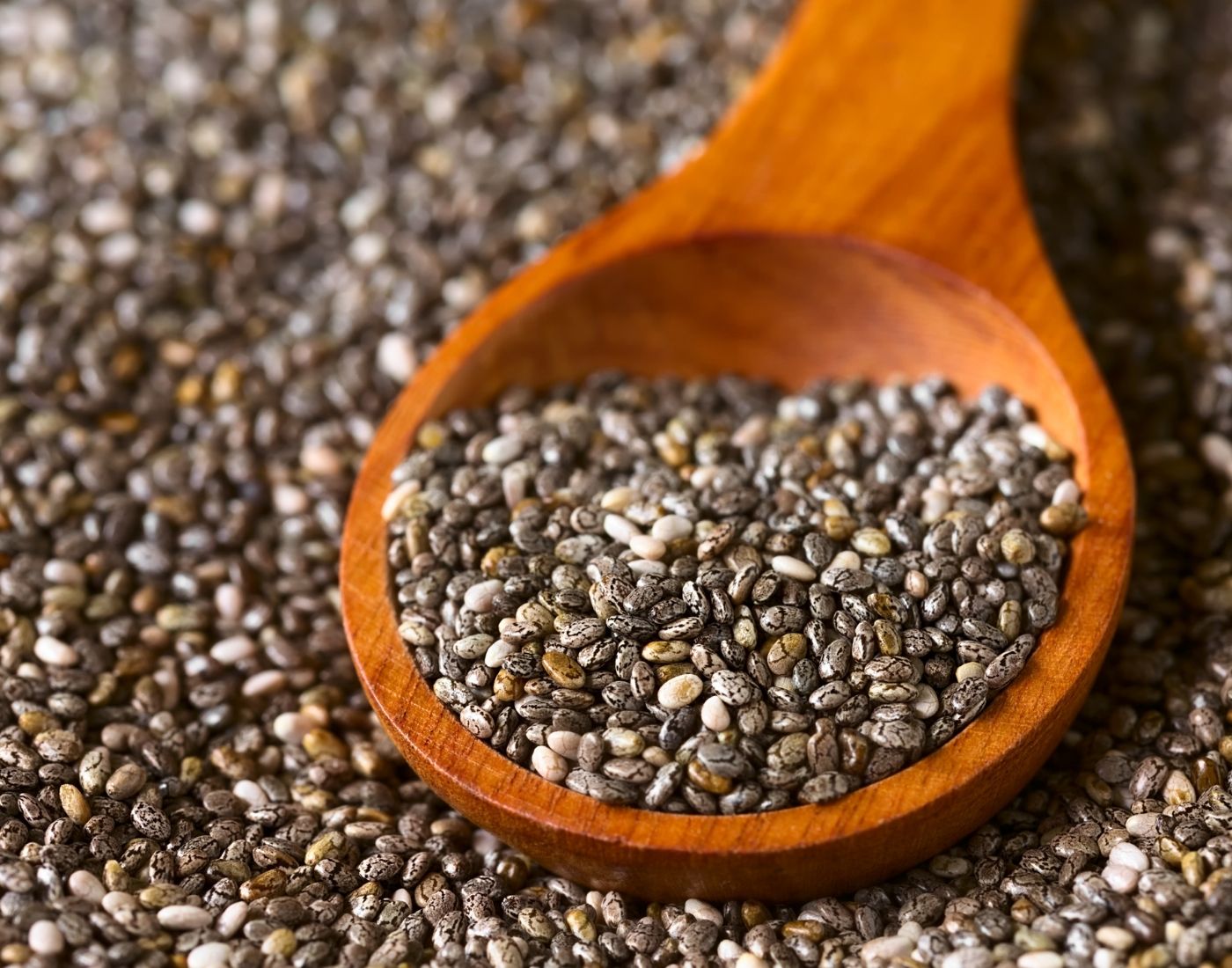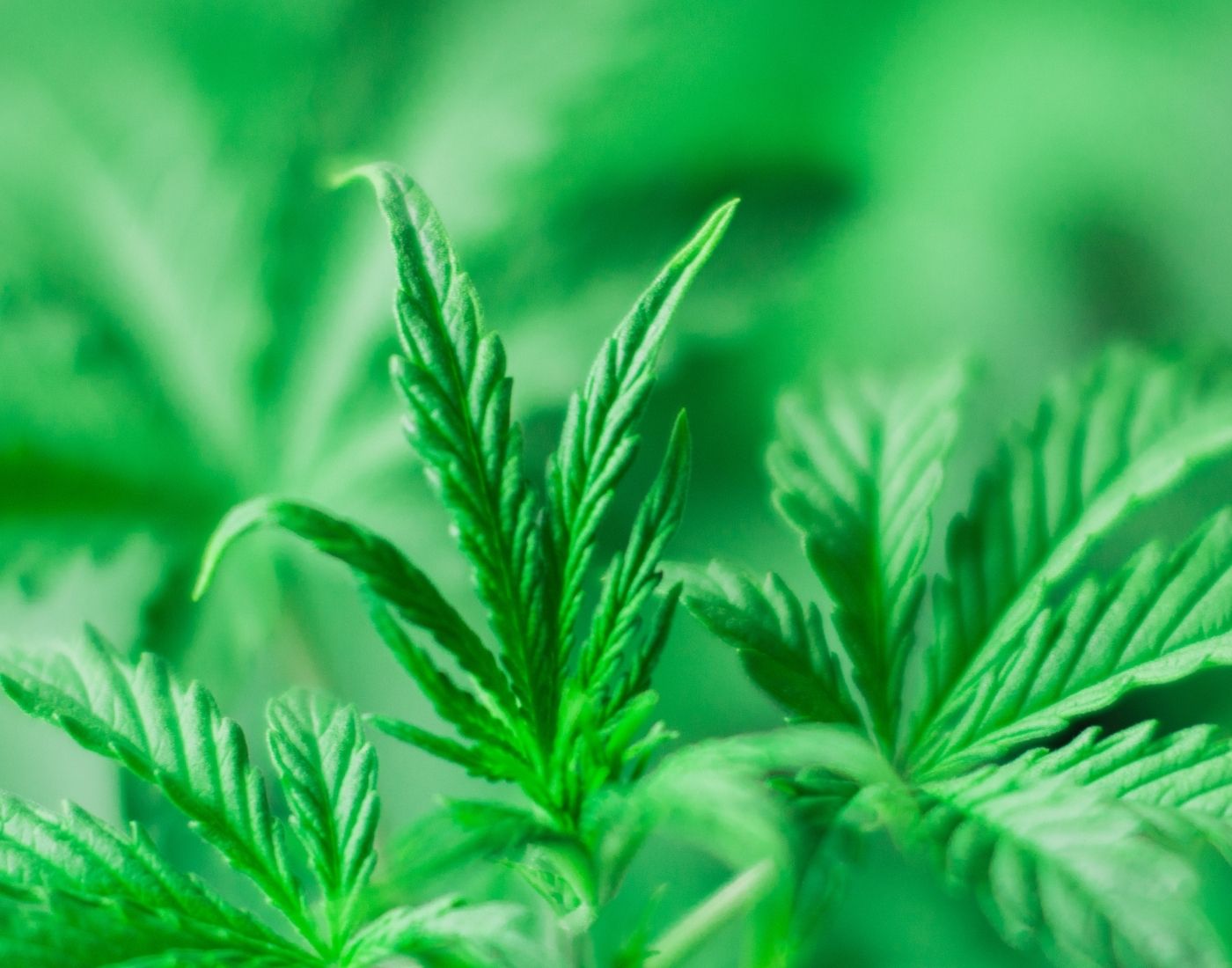Novel foods are classed by law as foods that don't have a ‘significant history of consumption’ by people in the United Kingdom or European Union (EU) before 15 May 1997.
Some examples of novel foods are:
- foods containing novel ingredients such as cannabidiol (CBD)
- new foods such as spreads with dietary additions to reduce cholesterol
- traditional foods eaten elsewhere in the world such as chia seeds
- foods produced using novel treatments such as using ultraviolet (UV) light to increase the level of vitamin D in bread
Visit the Food Standards Agency website to view the novel foods authorisations register.



